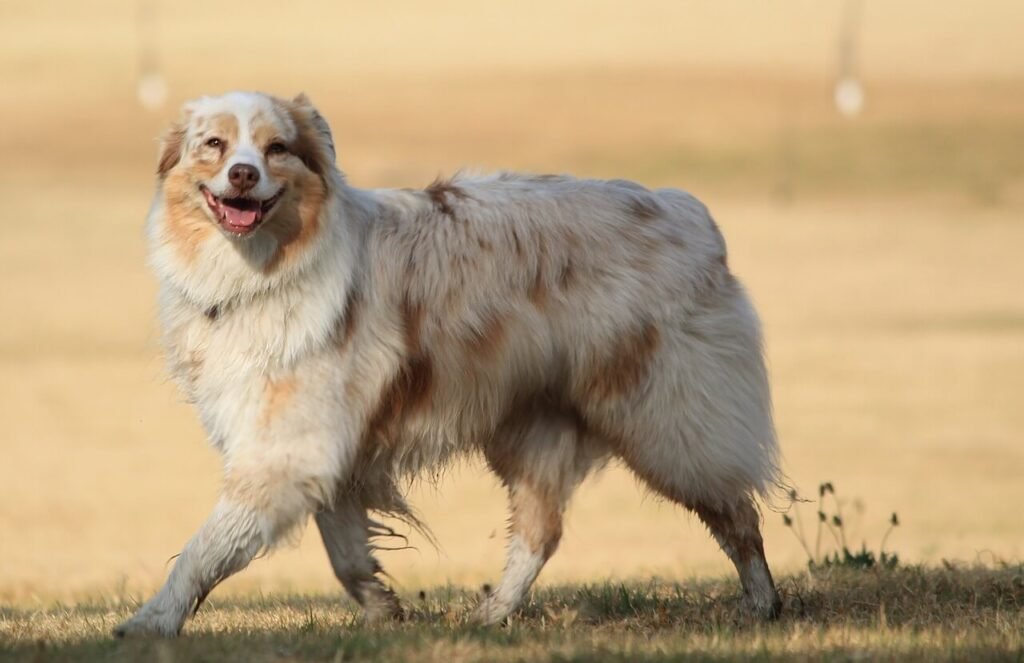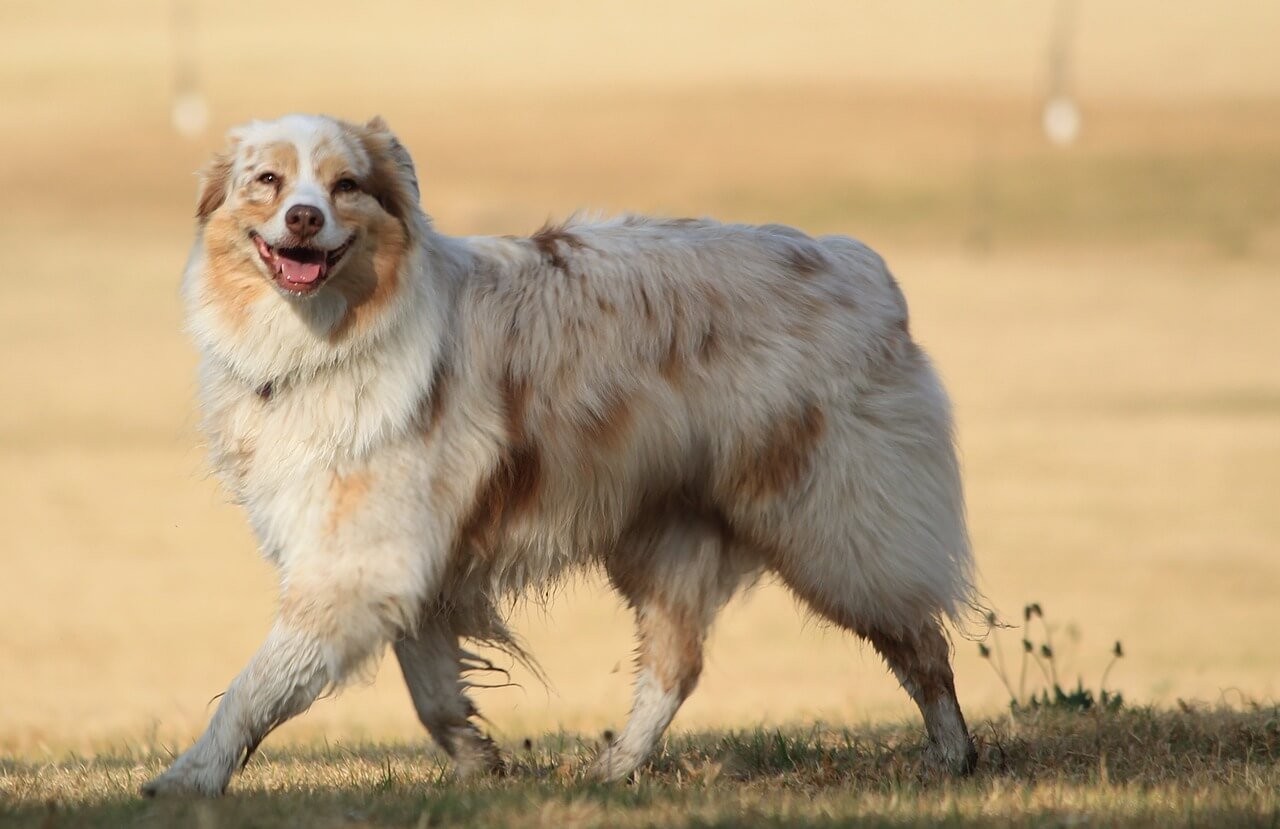Nutrition for Dogs with Giardia
Giardia is a common parasitic infection that affects dogs, causing gastrointestinal distress and discomfort. While veterinary treatment is essential to address the root cause, proper nutrition plays a crucial role in supporting your dog’s recovery and overall well-being. A carefully tailored diet can help manage symptoms like diarrhea, vomiting, and dehydration while boosting your dog’s immune system. In this blog post, we’ll explore the best nutritional strategies for dogs battling Giardia, offering practical tips to ensure your furry friend stays healthy and happy during their recovery journey.
Key Dietary Considerations for Dogs with Giardia
When managing Giardia in dogs, nutrition should focus on soothing the digestive tract, preventing dehydration, and providing essential nutrients. Here are some key considerations to keep in mind when planning meals for your dog.
Highly Digestible Proteins:
Opt for lean proteins like chicken, turkey, or white fish, which are easier for your dog’s sensitive stomach to process.Low-Fat Ingredients:
Avoid fatty foods that can exacerbate digestive issues. Stick to low-fat options to reduce strain on the gastrointestinal system.Increased Fiber Intake:
Soluble fibers such as pumpkin or sweet potato can help regulate bowel movements and improve stool consistency.Hydration-Focused Foods:
Incorporate moisture-rich foods like wet dog food or bone broth to combat dehydration caused by diarrhea.Avoid Processed Foods:
Steer clear of commercial treats and processed foods that may contain artificial additives or irritants harmful to your dog’s gut.
By focusing on these dietary principles, you can create a meal plan that supports your dog’s recovery while minimizing discomfort.

Foods to Include in Your Dog’s Diet During Giardia Recovery
Choosing the right ingredients is vital for helping your dog regain strength and recover from Giardia. These nutrient-dense foods are gentle on the stomach and packed with health benefits.
Plain Cooked Chicken:
A bland yet protein-rich option that provides essential amino acids without irritating the digestive tract.Pumpkin Puree:
Rich in fiber, pumpkin helps firm up loose stools and promotes healthy digestion.White Rice:
Easily digestible carbohydrates like white rice provide energy and help bind stools.Bone Broth:
This hydrating liquid is packed with nutrients and electrolytes, making it an excellent choice for combating dehydration.Probiotic-Rich Yogurt:
Plain, unsweetened yogurt with live cultures supports gut health by replenishing beneficial bacteria.
Including these foods in your dog’s diet can help restore balance to their digestive system and speed up recovery.
Check this guide 👉How Do I Give Multivitamins to My Dog? Best 7 Expert Tips!
Check this guide 👉Thiamine Deficiency in Dogs: Best 7 Expert Tips!
Check this guide 👉Understanding Dog Food Macros: Best 7 Expert Tips!
Foods to Include | Foods to Avoid |
|---|---|
Plain cooked chicken | Fatty meats like bacon or sausage |
Pumpkin puree | Dairy products (except plain yogurt) |
White rice | Processed snacks and treats |
Bone broth | High-fiber raw vegetables |
Probiotic-rich yogurt | Sugary or salty human foods |
Supplements That Support Recovery from Giardia
In addition to a balanced diet, certain supplements can enhance your dog’s recovery by addressing specific nutritional needs. These additions can complement veterinary treatment and improve your dog’s overall health.
Probiotics:
Probiotic supplements help restore the natural balance of gut bacteria disrupted by Giardia and its treatment.Digestive Enzymes:
These enzymes aid in breaking down food more efficiently, reducing stress on the digestive system.Electrolyte Solutions:
Rehydration solutions containing electrolytes can prevent dehydration caused by frequent diarrhea.Omega-3 Fatty Acids:
Found in fish oil, omega-3s have anti-inflammatory properties that support gut healing and boost immunity.Vitamin B Complex:
This group of vitamins supports energy production and aids in repairing damaged tissues.
By incorporating these supplements into your dog’s routine, you can accelerate their recovery and promote long-term wellness.
Tips for Transitioning Back to Normal Food
Once your dog shows signs of improvement, gradually reintroducing their regular diet is essential to avoid triggering digestive upset. Follow these steps to ensure a smooth transition.
Start Slowly:
Begin by mixing small amounts of their usual food with recovery-friendly ingredients, increasing the ratio over time.Monitor Stool Quality:
Keep an eye on your dog’s stool consistency to detect any adverse reactions early.Maintain Moisture Content:
Continue adding moisture-rich foods like bone broth to ease the shift back to dry kibble if needed.Stick to Simple Ingredients:
Avoid introducing new or complex foods until your dog has fully recovered.Consult Your Veterinarian:
Always seek professional advice before making significant changes to your dog’s diet.
A gradual approach ensures your dog’s digestive system adjusts comfortably to their normal diet.
Signs Your Dog May Have Giardia
Recognizing the symptoms of Giardia early can help you seek timely treatment and adjust your dog’s diet accordingly. Here are some common signs to watch for:
Diarrhea:
Persistent, foul-smelling diarrhea is one of the hallmark symptoms of Giardia infection.Weight Loss:
Unexplained weight loss despite normal eating habits may indicate nutrient malabsorption.Lethargy:
A lack of energy or enthusiasm could signal your dog is feeling unwell.Dehydration:
Dry gums, sunken eyes, or excessive panting may point to dehydration caused by diarrhea.Vomiting:
Some dogs experience occasional vomiting alongside other gastrointestinal symptoms.
Understanding these signs allows you to act quickly and provide the care your dog needs.
Preventing Giardia in Dogs
Prevention is always better than cure when it comes to Giardia. Taking proactive steps can reduce your dog’s risk of contracting this parasite.
Clean Water Sources:
Ensure your dog drinks clean, uncontaminated water, especially outdoors or in communal areas.Regular Bathing:
Frequent baths help remove potential parasites from your dog’s coat, particularly after outdoor adventures.Sanitize Toys and Bowls:
Regularly clean and disinfect your dog’s toys, food bowls, and water dishes to prevent contamination.Avoid Standing Water:
Discourage your dog from drinking from puddles, ponds, or other stagnant water sources where Giardia thrives.Practice Good Hygiene:
Wash your hands thoroughly after handling your dog or cleaning up after them to minimize transmission risks.
By adopting these preventive measures, you can protect your dog from Giardia and maintain their health.
Homemade Meal Ideas for Dogs with Giardia
Preparing homemade meals gives you full control over the ingredients, ensuring your dog receives the nutrients they need. Here are some simple recipes to try:
Chicken and Rice Bowl:
Combine boiled chicken breast with plain white rice for a bland yet nourishing meal.Pumpkin and Turkey Mash:
Mix cooked ground turkey with canned pumpkin puree for a fiber-rich dish.Bone Broth Soup:
Simmer beef bones in water with a pinch of salt-free seasoning for a hydrating, nutrient-packed broth.Sweet Potato and Fish Blend:
Steam cubed sweet potatoes and pair them with baked white fish for a soothing meal.Oatmeal and Yogurt Treat:
Serve plain oatmeal topped with a dollop of probiotic-rich yogurt for added gut support.
These homemade meals are easy to prepare and gentle on your dog’s digestive system.
Frequently Asked Questions About Feeding Dogs with Giardia
Can I feed my dog their regular kibble if they have giardia?
While some dogs tolerate kibble, many benefit more from bland, homemade diets during recovery. Consult your vet for personalized advice.
How long does it take for a dog to recover from giardia?
Recovery typically takes one to two weeks with proper treatment and dietary management, though individual timelines vary.
Are probiotics safe for dogs with giardia?
Yes, probiotics can help restore gut flora balance and improve digestion, provided they’re formulated specifically for dogs.
Should I withhold food during severe diarrhea episodes?
No, fasting isn’t recommended. Instead, offer small amounts of bland food and ensure constant access to water.
Can giardia recur after treatment?
Unfortunately, yes. Reinfection is possible, so maintaining hygiene and monitoring your dog’s condition is critical.
Supporting Your Dog Through Giardia Recovery
Managing Giardia in dogs requires a combination of veterinary care and thoughtful nutrition. By focusing on easily digestible foods, staying hydrated, and incorporating supportive supplements, you can help your dog overcome this challenging condition. Remember, patience and consistency are key—your dog’s recovery may take time, but with the right approach, they’ll soon be back to their playful, energetic self. Prioritizing their nutritional needs not only aids in healing but also strengthens the bond you share, ensuring a healthier, happier future together.
Do Cats Have Taste Buds? Best 7 Expert Tips! – Discover how cats experience flavors and why their taste is so unique.
Do Dogs Have Taste Buds? Best 7 Expert Tips! – Discover how dogs experience taste, their preferences, and what it means for their diet and health.
Can Cats Taste Sweet? Best 7 Expert Tips! – Discover why cats can’t taste sweetness, how it affects their diet, and tips to keep them healthy and happy.
Can Dogs Taste Sweet? Best 7 Expert Tips! – Discover how dogs perceive sweetness, which foods are safe, and tips to manage their sweet cravings responsibly.





